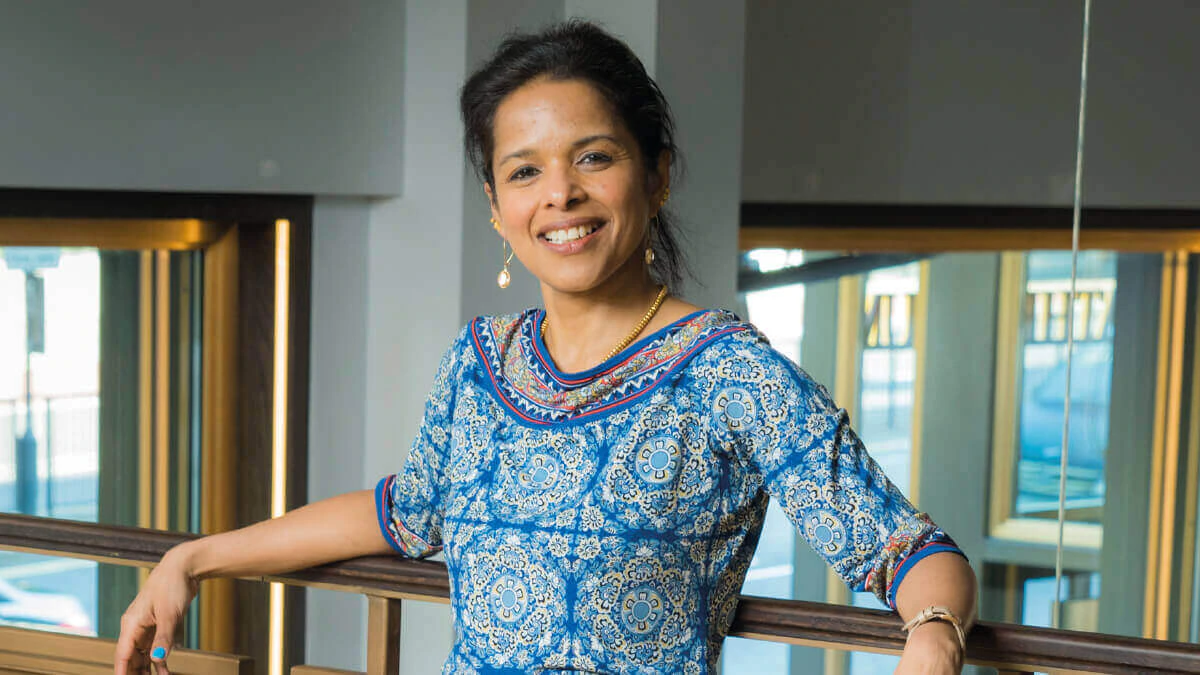FOREWORD
In 2018-19, UK PLC cannot afford to ignore any lever of growth and value. And yet, as this year’s ‘Women Count’ report shows, Britain is missing out on a £13 billion gender dividend through the failure to get more women onto more executive committees and into more senior, decisionmaking roles in business.
‘Women Count 2018’ gives us the proof that having more women on executive committees boosts profitability. It unpacks in forensic detail the status of women in FTSE 350 firms, the number of women on executive committees, and the correlation between female representation and economic performance. It finds that businesses where at least 25% of decision-makers are women significantly outperform companies where women are underrepresented, or even completely absent.
We should all be shocked that for the third year in succession the percentage of women on FTSE 350 executive committees is flatlining at 16%, despite positive initiatives and stellar contributions from many firms. The underlying figure of only 5% holding P&L roles really shows us where we need to focus and how much more needs to be done.
This lack of progress calls into serious question the possibility of achieving the UK’s target of 33% by 2020 which I set in response to the Davies Report, as Minister for Women and Equalities in 2015.
We set the target not just because extending opportunity and equality for women is the right thing to do, but because all the evidence shows that businesses are more successful when they have a healthy gender balance in decision making roles.Rt Hon Nicky Morgan
It is also clear that businesses that don’t promote women are increasingly out of step with the British public. Younger people are frank on this: they want progress on equality in the workplace and, if not achieved, they will simply go and work for companies that do prioritise gender equality. This should concern all who understand the essential role played by talented people in the competitive world of business.
As Michael Porter said in 2008, one of the most powerful levers we have for improving national economic performance is maximising the participation of women in work and business. ‘Women Count 2018’ reveals that all the progress thus far has come from the appointment of non-executive women to FTSE Boards whilst the position of female executives on those same Boards and executive committees remains frozen.
Businesses that don’t understand the need to appoint more senior executive women are failing to meet their full potential. I ask them to read this report and wake up to reality, in their own interests and the country’s interests.
Rt Hon Nicky Morgan MP
Chair of the Treasury Select Committee






